مقدمة
In today’s rapidly evolving regulatory landscape, organizations and interest groups face the ongoing challenge of engaging with policymakers effectively. The role of a public policy liaison has become increasingly critical in ensuring that the voices of businesses, non-profits, and advocacy groups are heard in the policymaking process. By facilitating dialogue between stakeholders and government entities, public policy liaisons play an instrumental role in shaping legislation, regulations, and public policies that impact various industries.
Public policy liaisons act as intermediaries who translate complex legislative jargon into actionable insights for organizations. Whether working within private corporations, non-governmental organizations, or trade associations, these professionals ensure that decision-makers remain informed about industry-specific concerns and societal challenges. As laws and policies continuously shift due to economic, social, and technological advancements, organizations must proactively engage with policymakers to safeguard their interests and contribute constructively to the governance process.
Furthermore, the importance of public policy liaisons extends beyond lobbying efforts. They play a critical role in ensuring compliance, fostering government relations, and developing strategies that align organizational objectives with public interests. Their ability to navigate the intricate web of legislative bodies, regulatory agencies, and advocacy groups makes them indispensable to businesses, industry coalitions, and non-profits alike.
This article delves into the responsibilities, skills, and impact of public policy liaisons while exploring real-world examples, case studies, and statistics to highlight their importance in governance and policy advocacy. Additionally, we will examine how organizations can leverage the expertise of public policy liaisons to shape policy discourse and influence legislative outcomes effectively.
Understanding the Role of a Public Policy Liaison
A public policy liaison serves as a key intermediary between organizations and government bodies, ensuring that policy concerns, legislative proposals, and regulatory changes align with the interests of various stakeholders. Their primary responsibilities include:
- Monitoring legislative developments that impact industries or interest groups.
- Conducting research and drafting policy briefs to inform stakeholders.
- Establishing and maintaining relationships with policymakers, regulatory agencies, and advocacy groups.
- Organizing public forums, meetings, and legislative visits.
- Developing lobbying strategies to influence decision-making processes.
- Communicating regulatory changes and their implications to organizational leadership.
By bridging the gap between stakeholders and legislators, public policy liaisons facilitate constructive dialogue, ensuring that all parties are well-informed and engaged in the policymaking process.
The Skills and Expertise Required for Public Policy Liaisons
Public policy liaisons must possess a diverse skill set to effectively navigate the complexities of government relations and advocacy. Some of the essential skills include:
- Analytical Thinking: Understanding legislative and regulatory frameworks to assess their potential impact.
- Communication Skills: Conveying policy concerns clearly to various stakeholders.
- Negotiation and Persuasion: Advocating for policies that align with organizational interests.
- Networking and Relationship Management: Building rapport with policymakers and industry leaders.
- Research and Data Interpretation: Gathering insights to support policy recommendations.
- Strategic Planning: Developing comprehensive advocacy campaigns and policy initiatives.
With these skills, public policy liaisons can effectively represent the interests of their clients while ensuring that policymakers receive well-researched and balanced perspectives.
The Growing Need for Public Policy Liaisons in a Complex Regulatory Environment
As governments worldwide continue to introduce new laws and regulations, the demand for public policy liaisons has surged. Organizations must stay ahead of legislative changes to maintain compliance and competitiveness.
Case Study: The Role of Public Policy Liaisons in Healthcare Policy
In the United States, healthcare organizations rely heavily on public policy liaisons to navigate complex regulatory frameworks. For example, the Affordable Care Act (ACA) introduced sweeping changes that impacted insurers, hospitals, and pharmaceutical companies. Public policy liaisons worked to:
- Advocate for amendments to regulations affecting patient care and reimbursement models.
- Facilitate discussions between healthcare providers and legislators.
- Educate stakeholders on compliance requirements and policy adjustments.
Their efforts ensured that the healthcare industry could adapt to new regulations while maintaining quality care and financial stability.
The Impact on the Tech Industry
Similarly, the public policy liaison role has been crucial in the tech industry, particularly concerning data privacy regulations such as the General Data Protection Regulation (GDPR) in Europe and the California Consumer Privacy Act (CCPA) in the U.S. Companies like Google and Facebook have engaged policy liaisons to:
- Influence policy discussions on user data protections.
- Ensure compliance with stringent data privacy laws.
- Advocate for business-friendly regulatory frameworks.
Without public policy liaisons, these companies would struggle to adapt to the evolving regulatory landscape, potentially facing fines and reputational damage.
The Strategic Importance of Public Policy Liaisons in Advocacy Campaigns
Public policy liaisons play a vital role in shaping advocacy campaigns that seek to influence government decisions. These campaigns often involve:
- Coalition building with like-minded organizations.
- Media engagement to amplify policy messages.
- Direct lobbying efforts targeting key decision-makers.
- Grassroots mobilization to garner public support.
For instance, in the environmental sector, organizations advocating for climate policies have leveraged public policy liaisons to engage with legislators and push for initiatives such as carbon reduction targets and clean energy investments.
Statistics Highlighting the Influence of Public Policy Liaisons
Research indicates that effective public policy engagement yields tangible benefits:
- According to the Center for Responsive Politics, organizations in the U.S. spent over $3.7 billion on lobbying efforts in 2022, demonstrating the significance of policy advocacy.
- A study by the Harvard Kennedy School found that businesses with active government relations strategies are 35% more likely to influence policy outcomes in their favor.
- The Public Affairs Council reported that 78% of executives believe government relations efforts are critical to their organization’s success.
These figures underscore the essential role of public policy liaisons in shaping legislative and regulatory landscapes.
Challenges Faced by Public Policy Liaisons
Despite their importance, public policy liaisons encounter several challenges, including:
- Regulatory Uncertainty: Rapid changes in laws and policies require constant adaptation.
- Ethical Considerations: Ensuring transparency and ethical lobbying practices is paramount.
- Stakeholder Conflicts: Balancing the interests of multiple stakeholders can be complex.
- Public Perception: Navigating public skepticism around lobbying efforts.
To overcome these challenges, public policy liaisons must maintain integrity, leverage data-driven advocacy, and cultivate strong relationships with both policymakers and the public.
Conclusion: Partnering with Experts for Effective Policy Engagement
The role of a public policy liaison is indispensable in today’s intricate regulatory environment. From healthcare and technology to environmental and financial sectors, public policy liaisons provide strategic guidance that enables organizations to navigate legislative landscapes, advocate for favorable policies, and remain compliant with evolving regulations.
For businesses and organizations seeking to optimize their government relations strategy, partnering with experienced professionals is crucial. ويليام بلاكستون إنترناشيونال has assisted many clients in achieving their policy advocacy goals, ensuring that their voices are heard and their interests are well-represented.
To learn more about effective public policy engagement strategies, visit ويليام بلاكستون إنترناشيونال.













